9 min. read
Expat Job Scam Alert How to Avoid Fraud When Seeking Work Abroad
Many of you might have received emails with amazing job offers. Unfortunately, many of them could be scams. In this article, I will show you how to easily identify if these offers are scams, what to look at to avoid losing your money, and we’ll look at common ways and tactics that scammers use with real-life examples.
Let’s start with an example. A friend of mine received an email offering a job at Saudi Aramco. They asked him to send a resume and fill out some forms if he is interested in working there. For about two months, they had emails communication, and he filled out various forms to make the process seem legitimate. Then he received a job offer with a very good pay and benefits. Feeling like a million dollars, he signed the offer and was ready to quit his current job in his home country, but then they sent him an email asking for around 2000 euros for visa processing.
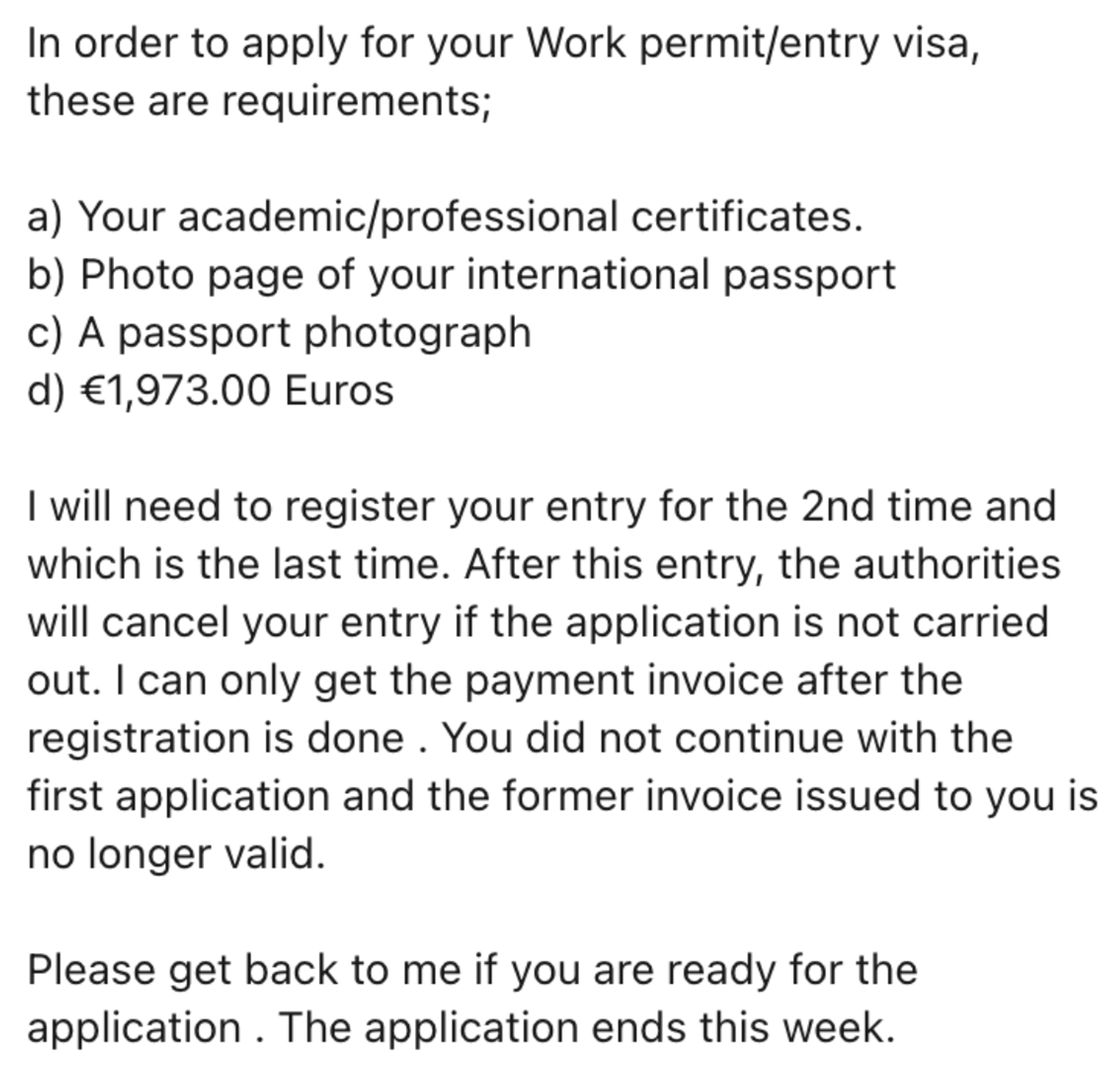
He was in doubt and asked me for help. I quickly uncovered this scam. I’ll explain everything in more detail soon, but first, let’s start from the beginning. What should you look for when you first receive an email and how should you reply?
I get many such emails, and here’s one of them.
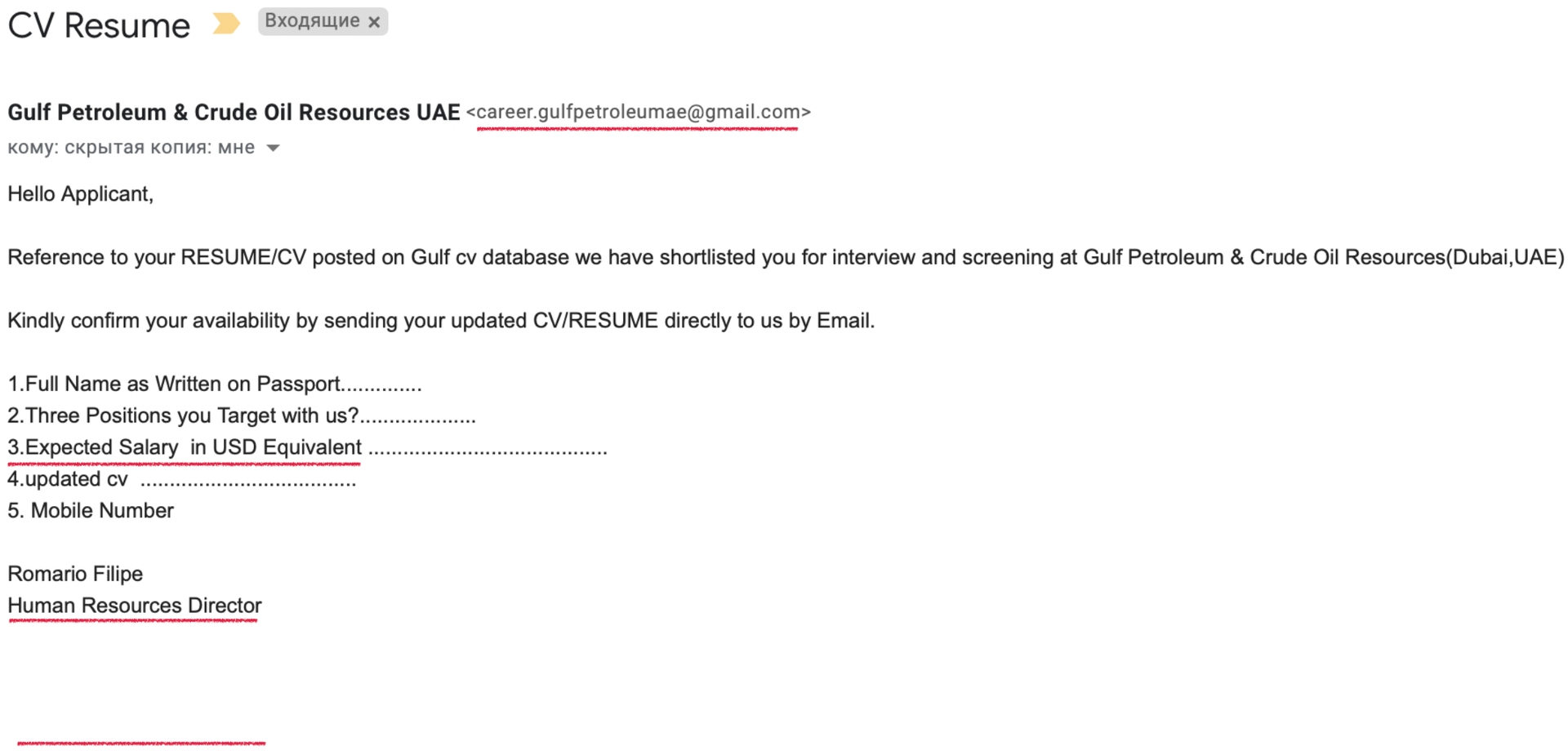
🚩 First, check the email address it came from, especially the domain. Good companies use their branded domain names and never use Gmail, Hotmail and others.
🚩 Second, be careful if the email mentions salary or asks for your expected pay. While salary is important, scammers focus on this to lure you in. However, some legitimate recruitment agencies also mention salary, so this point alone doesn’t always indicate a scam.
🚩 Next, note who sent the email. Scammers often use titles like HR Director or HR Manager, to make the email seem more important. I don’t think a director would be sending job offer emails personally.
🚩 Finally, look at the physical address of the company and the person writing to you. Check if anything seems off. In my example, the person didn’t even include an address.
Let's look at another good example.
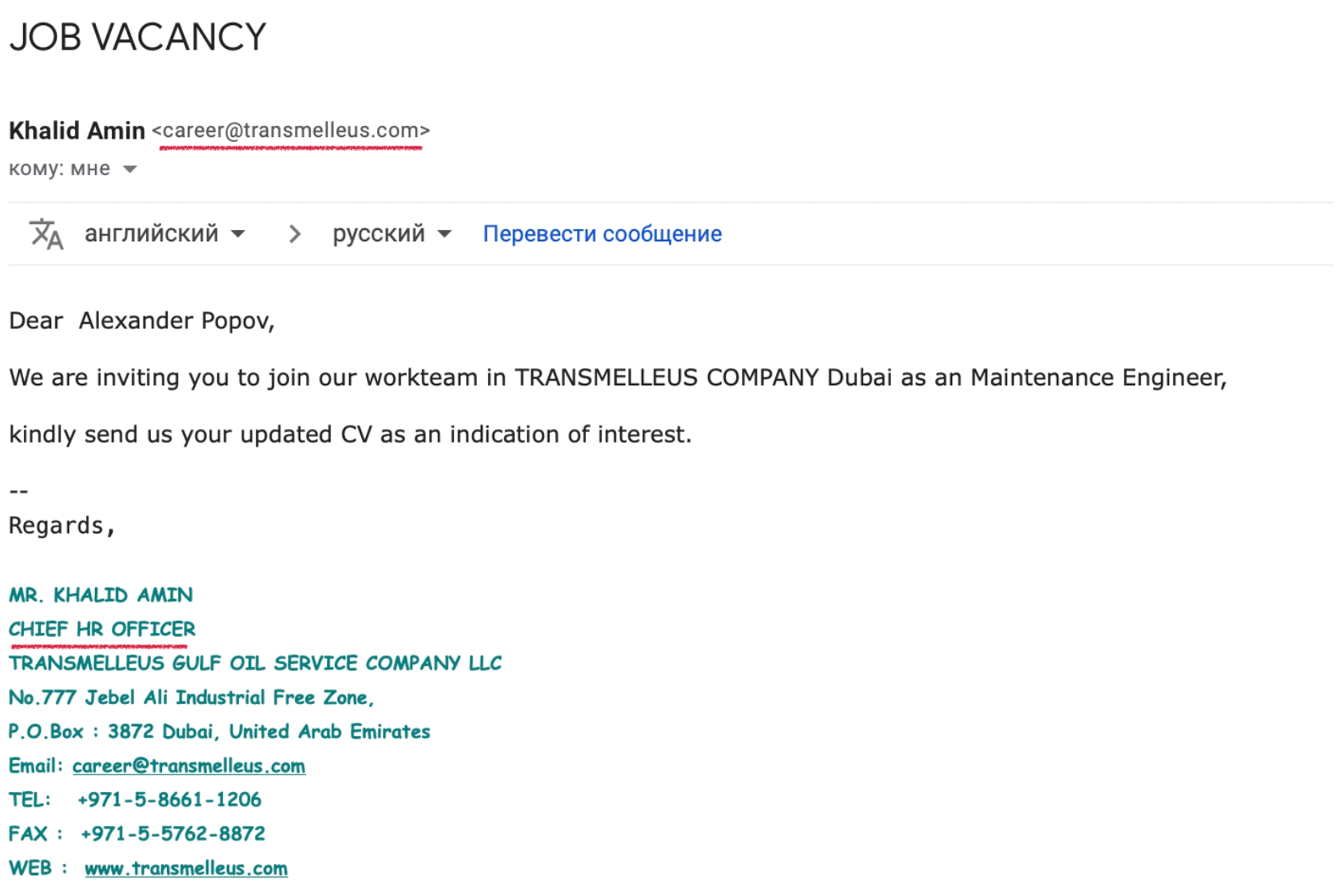
At first glance, everything looks good. The company is called TRANSMELLEUS, the domain belongs to this company, and the email came from brand domain. The email doesn’t mention salary, which is a positive sign. It also includes an address, email, website, and even a phone number of the person who sent the email. However, there is a red flag: the sender’s title is again HR Director.
Next, I visited the company’s website. The site looked good and stated that the company had been in business for decades with many contracts with leading operators in the region.
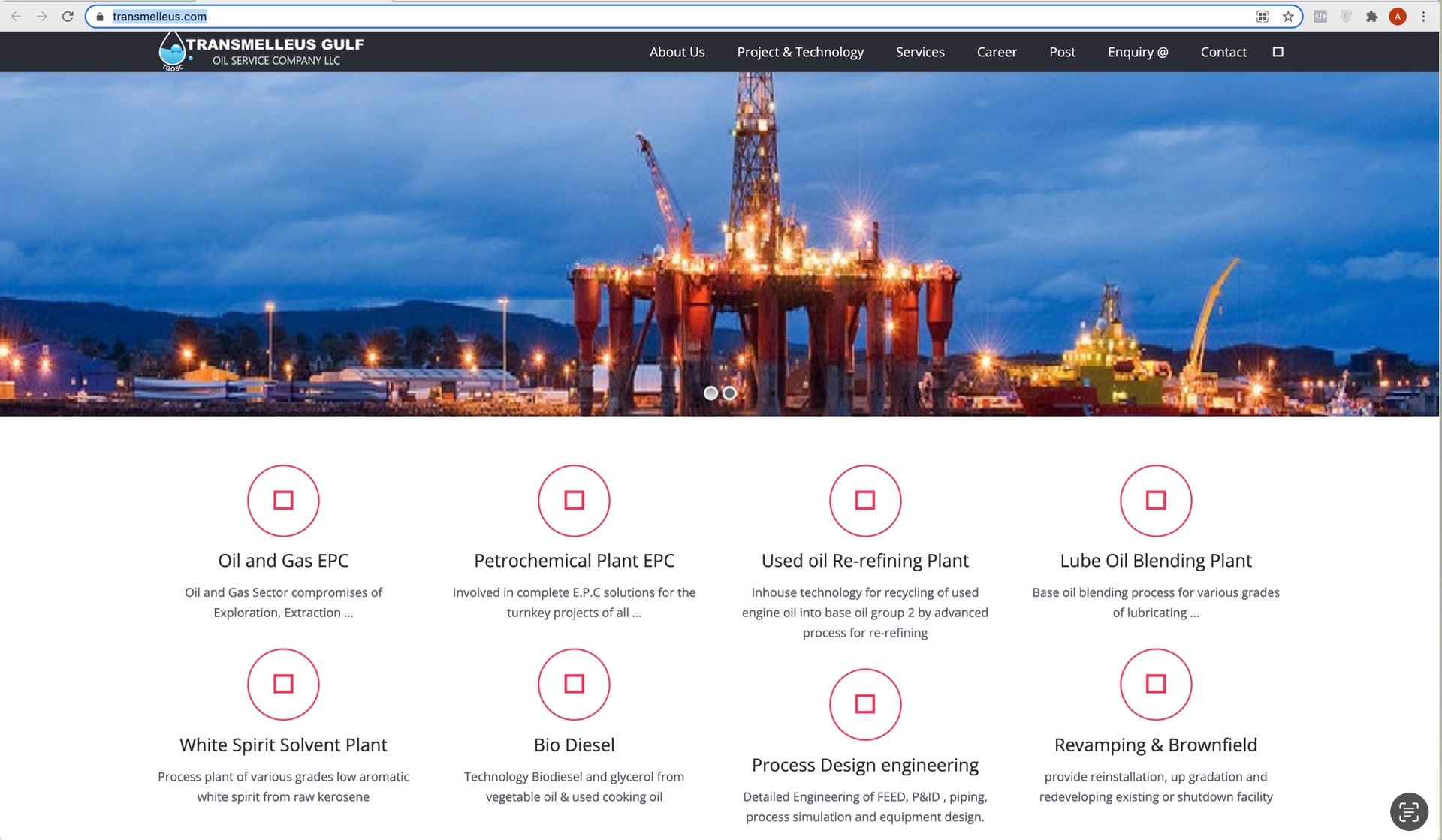
Then I went to website who.is to check when the domain was registered. If the company has been for decades, the domain should have been registered long time ago. This is an old case, so you see the registration date as September 30, 2021, and I checked this in October 2021, so the domain was only a few days old. Always check when the domain was registered from which you receive emails.
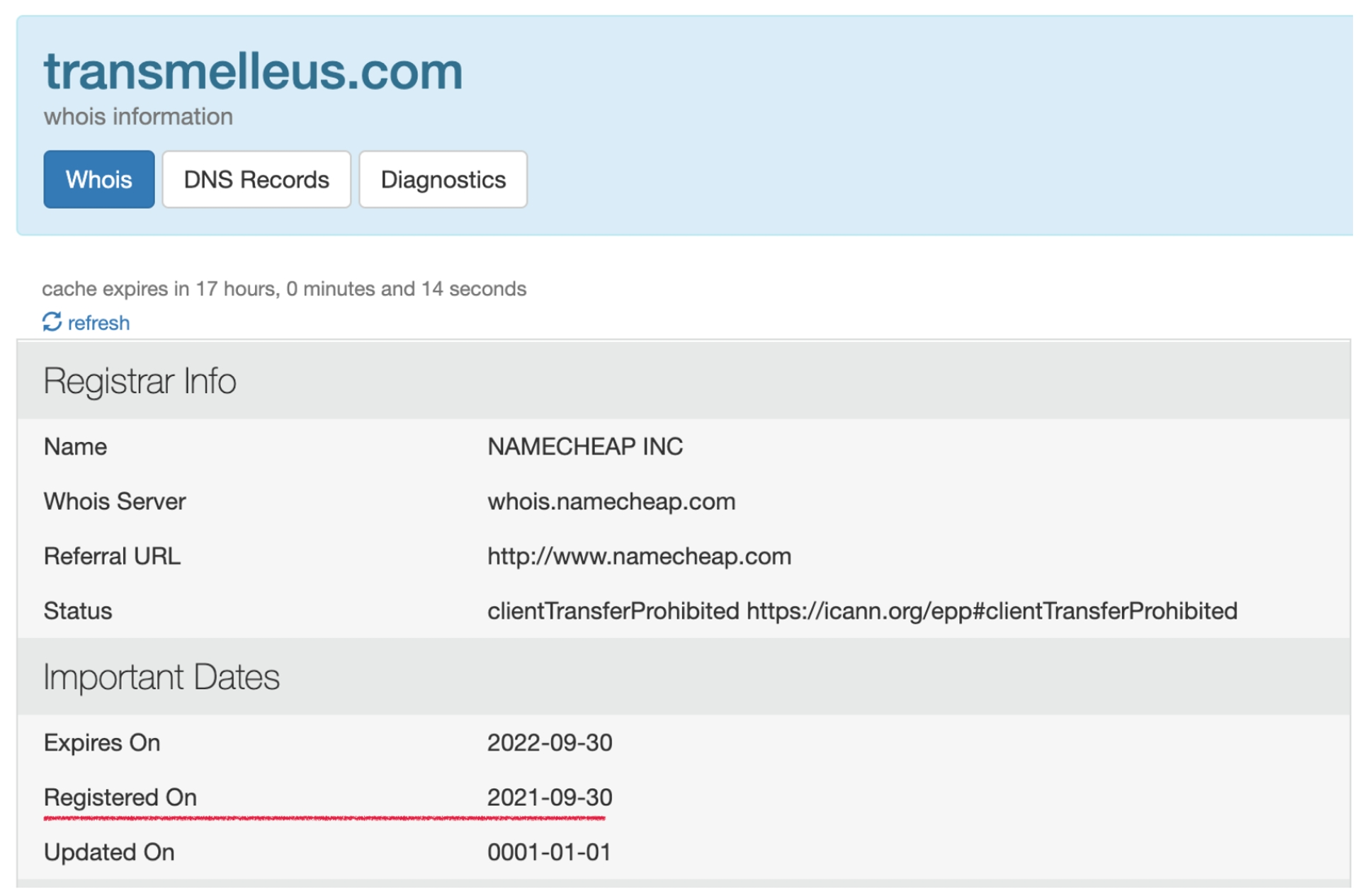
I decided to do one more check and just googled the company name TRANSMELLEUS. If the company has been in the market for years, there should be plenty of information about it, right? However, Google only found six results, two of which were the company’s website, and the other four don’t have any relation, meaning there was no information about the company.
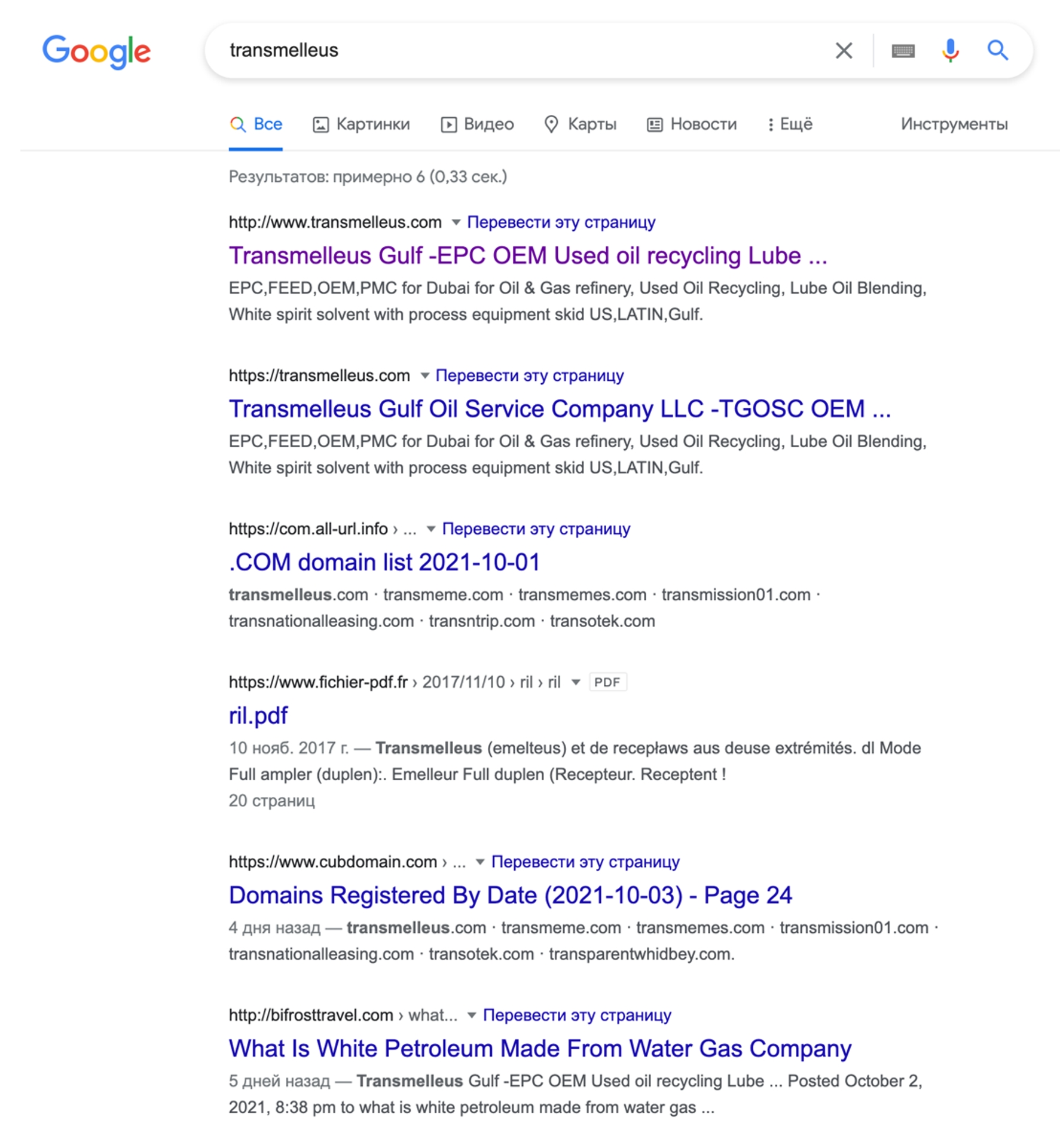
Let's go back to our first example with Saudi Aramco and also see who sent the email. Again, it's from the Head of HR. Would the head of HR of a company with about 70,000 employees personally send job offer emails and handle all recruitment issues? The email was also suspicious.
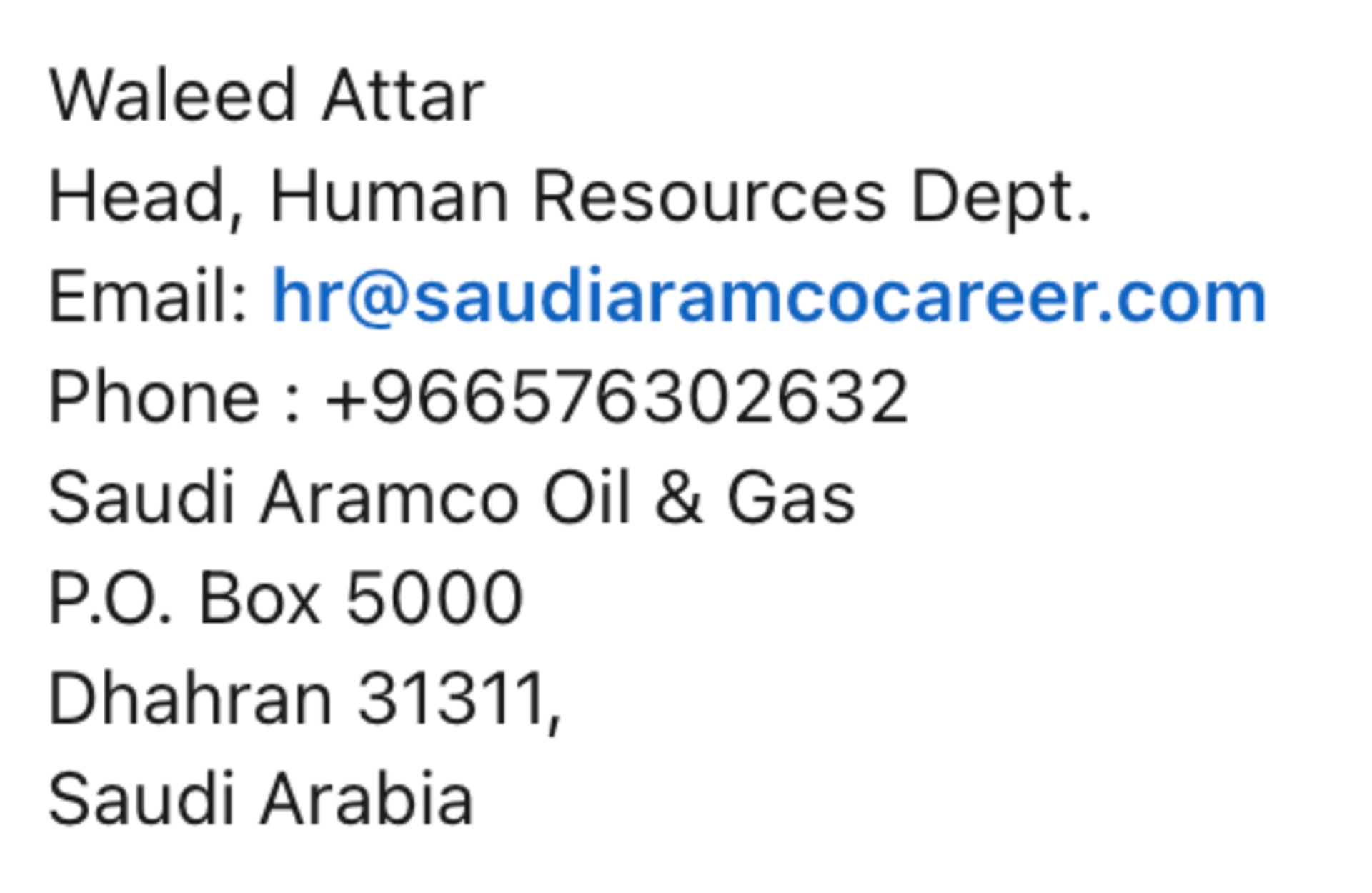
Searching this email on Google revealed that the official Saudi Aramco website mentions scams the exact website from which the email was sent.
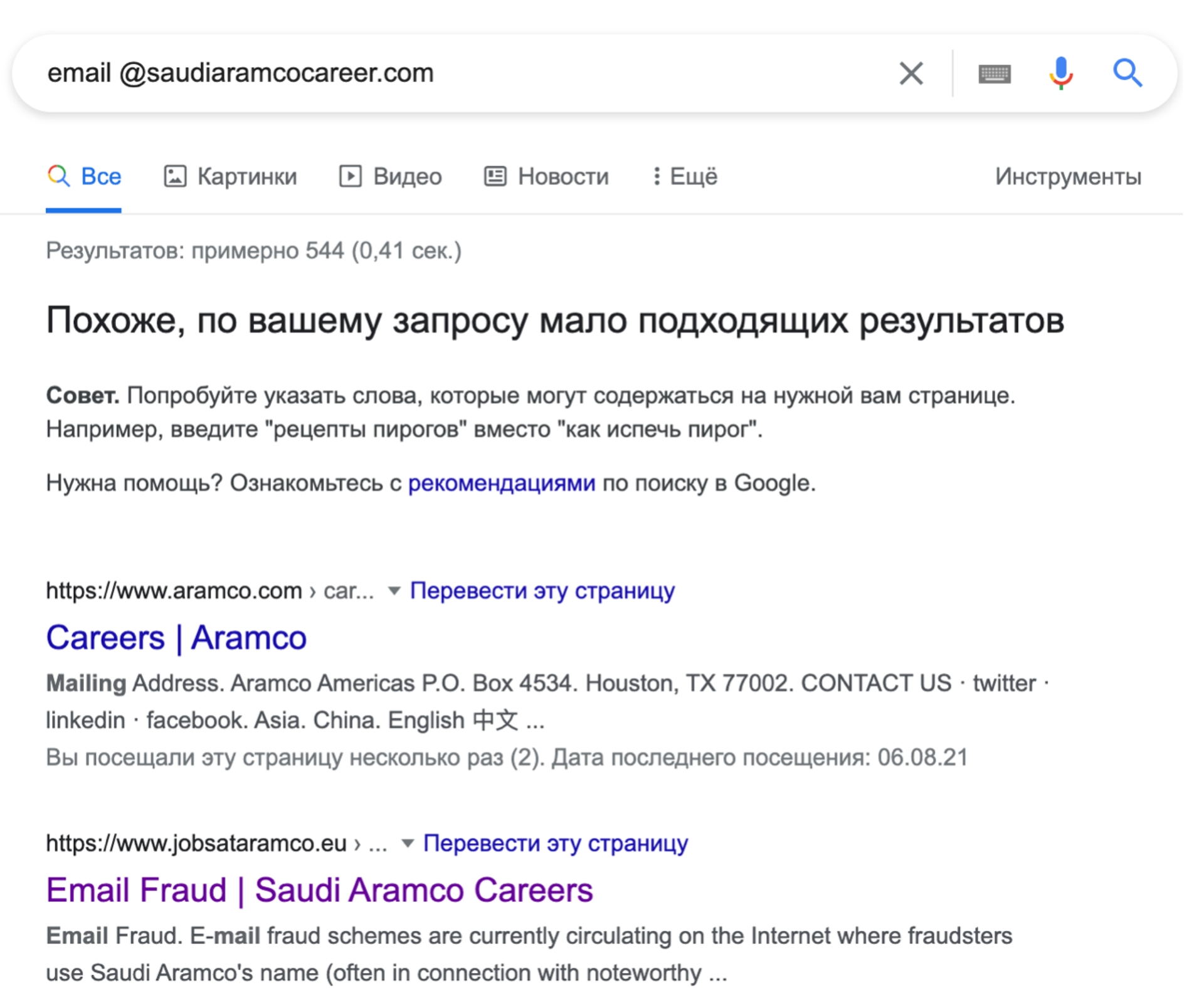
Be cautious and look at the domain from which you receive emails. Scammers often create similar domains by changing just one letter in the official company name or using a combination such as adding the word "career" or changing .com to .net, .uk, or others.
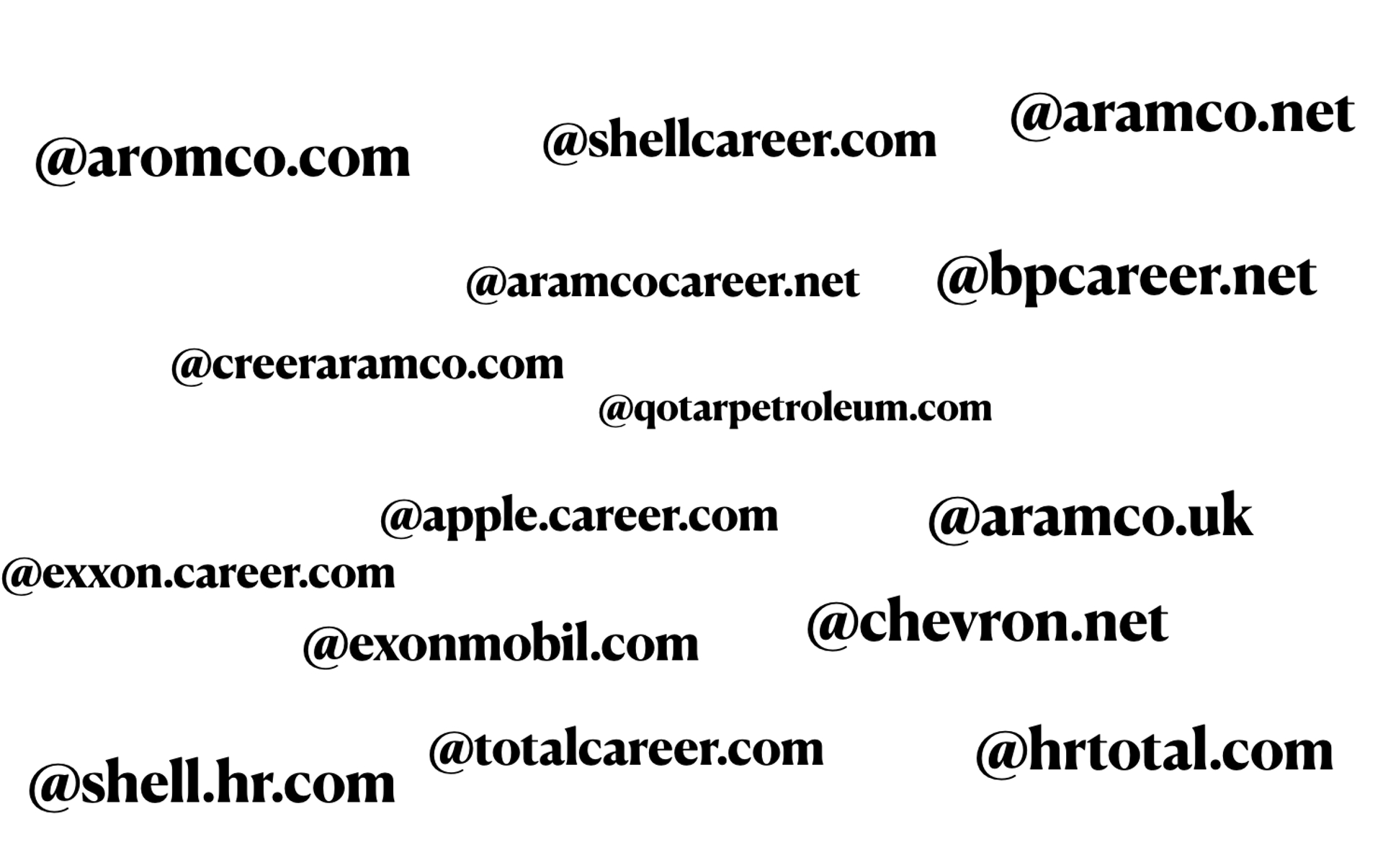
Also, good companies will never ask you to transfer money as part of the hiring process, which is another red flag.
Another way to spot scammers is the interview process. Scammers usually don't conduct interviews, or if they do, it's just a short phone call for 10-15 minutes where they quickly say that you’re fit for the job and they gonna send you a job offer soon. Good companies conduct at least one video interview or invite you for an in-person interview and cover travel and accommodation expenses. If you receive a job offer without an interview, you can easily delete the email.
Another common scam involves phone calls. You get a call from someone who claims to have found your resume or profile online, usually on LinkedIn. They say that they are recruiting for a job that matches your profile. To make it seem serious, they ask you about your experience and preferences, like where you want to work and your desired salary. For example, you say you want to work in Dubai and expect at least $10,000 a month. The "recruiter" then tells you they have a job in Dubai with a great expat package and a $12,000 monthly pay. Of course, you’re interested. The scammer then says the company will choose candidates based on the resumes they submit and offers to "polish" your resume for a $300 fee. They might slightly change your resume and claim they’ve sent it to the client, telling you to wait. Eventually, they’ll say the position was canceled but offer to try for other fake jobs.
So, be cautious and never send money to anyone. I hope this article helps you keep your money safe while seeking opportunities abroad. Take care!
Recent Posts
Pub: 31 Jul 2025
12 min. read
Time Management for Engineers: How to Be Productive Without Burning OutPub: 09 Sep 2025 - Upd: 11 Jan 2026
14 min. read
Engineering Internship Resume Examples: 5 Samples That Get Hired in 2026Pub: 12 Oct 2025 - Upd: 11 Jan 2026
27 min. read
Structural Engineering Resume Examples: Complete Guide for 2026

